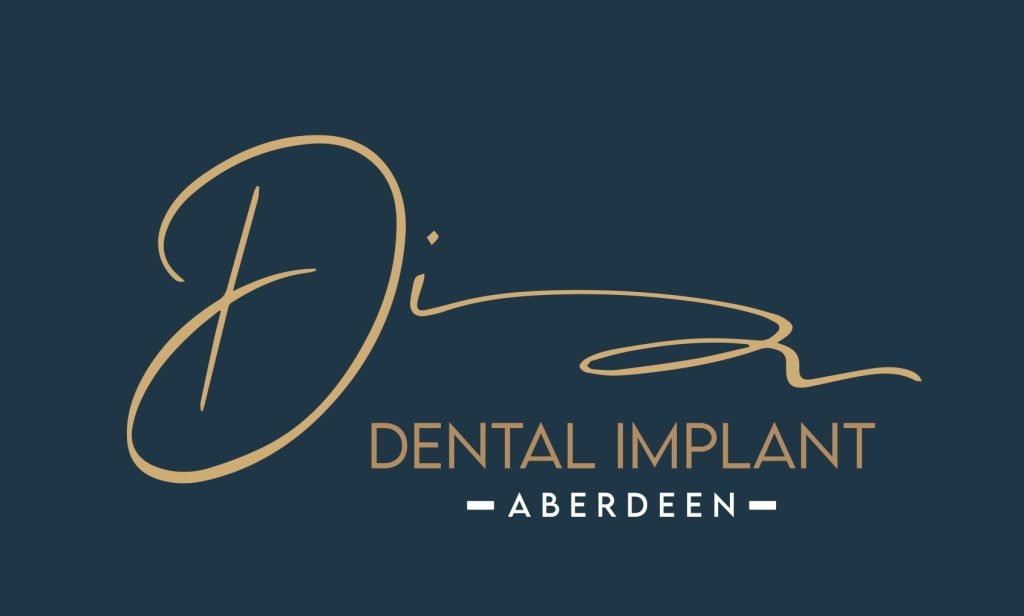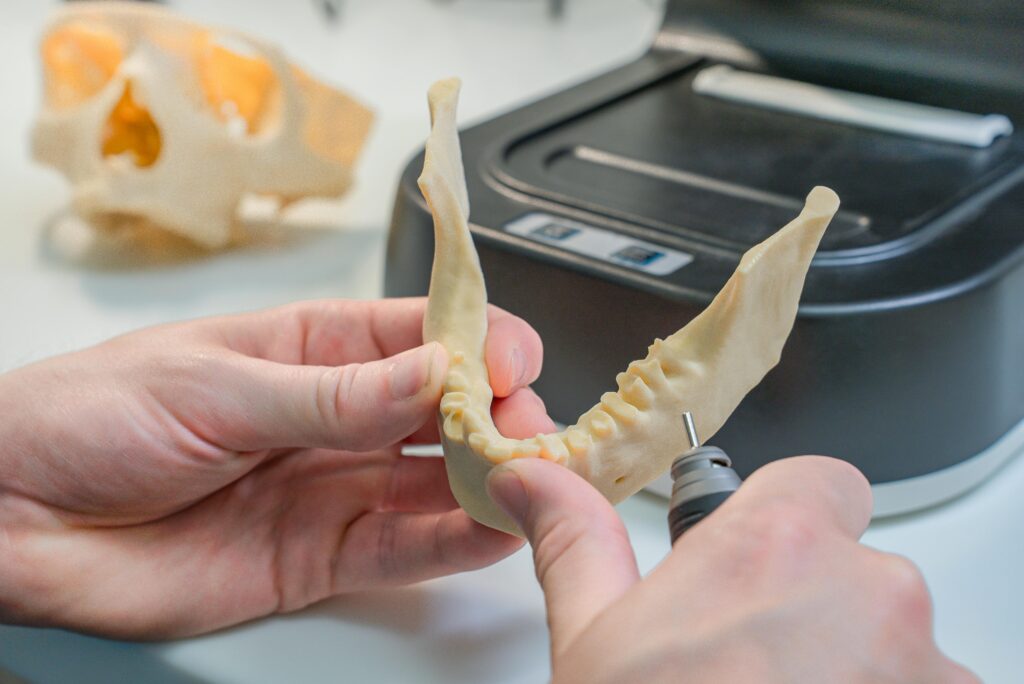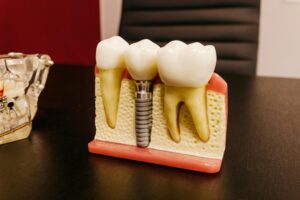Embarking on a dental implant journey can be life-changing. Whether you’re missing one tooth or several, implants provide a long-term, natural-looking solution that restores both function and confidence. However, before any procedure can begin, a comprehensive consultation is required. This crucial first step allows your dentist to fully understand your dental health, goals, and expectations. It also provides you with the chance to learn more about the implant process, potential outcomes, and costs involved.
The consultation ensures that both patient and practitioner are aligned in terms of goals, reducing risks and enhancing results. While many may feel anxious before this initial visit, knowing what to expect can help alleviate concerns. From a full examination to advanced imaging, and a personalised treatment plan, every step is carefully designed to give you a clear path forward. If you’re searching for a long-lasting solution to missing teeth, a consultation offers the insights you need to make an informed decision. Taking this first step with an experienced provider can pave the way for a successful outcome and a renewed smile. Let’s explore what happens during a dental implant consultation and how it sets the foundation for effective treatment.
1. Comprehensive Oral Examination and Medical History Review
Your consultation will typically begin with a detailed oral examination. The dentist will assess your gums, existing teeth, and bone structure to determine your oral health status. They’ll also check for signs of gum disease, tooth decay, and bone loss—any of which could affect implant success. This physical examination is critical in identifying any issues that need to be addressed before proceeding.
In addition to examining your mouth, the dentist will take a thorough medical history. Certain health conditions like diabetes, osteoporosis, or immune disorders can impact the healing process. The use of medications such as blood thinners or bisphosphonates will also be taken into account. If you’re a smoker, your dentist will likely discuss how this habit could delay healing or increase the chance of implant failure.
Lifestyle factors are also discussed during this phase. Your general health, oral hygiene habits, and commitment to post-surgery care all contribute to whether dental implants are a suitable option. By gathering this information, the dentist ensures your treatment plan is safe, personalised, and designed for long-term success. This holistic approach supports better outcomes and minimises the risk of complications down the road.
2. Digital Scans and X-Rays for Precise Planning
Once your initial oral and health assessments are complete, the next step involves gathering digital imagery of your mouth and jaw. Modern dental practices use advanced tools like digital X-rays, panoramic radiographs, and 3D cone-beam computed tomography (CBCT) scans. These images provide in-depth insights into your bone density, nerve locations, and the spatial relationship of anatomical structures.
Why is this important? Dental implants rely on strong bone support for successful integration. These scans help your dentist determine whether you have sufficient bone volume to hold an implant or if a bone graft is needed beforehand. The scans also help in identifying sinus cavities or nerve canals, which must be avoided during the placement of implants.
Digital imaging is painless and quick, and it significantly reduces guesswork in implant placement. It allows for precise, data-driven planning of your treatment, resulting in better aesthetic and functional outcomes. This technology also enhances communication between you and your dental team. Using visual references, they can show you exactly what’s going on in your mouth and explain every stage of the process with clarity.
3. Discussion of Treatment Options and Personalised Plan
With all the examination results and digital scans in hand, the dentist will then guide you through your personalised treatment plan. This conversation is where your options are laid out clearly. Whether you need a single implant, multiple implants, or full-mouth restoration, each treatment path will be discussed based on your goals and oral health condition.
Your dentist will explain the steps involved in your procedure, including any preparatory treatments such as extractions or bone grafting. You’ll receive a detailed timeline, from the initial surgery to the final placement of the crown or bridge. Costs, financing options, and aftercare requirements will also be covered transparently, allowing you to make an informed decision without surprises.
More importantly, the plan will be tailored specifically to your needs. No two mouths are alike, and what works for one patient may not be suitable for another. Customised care ensures better results, higher comfort, and faster recovery. During this stage, the keyword dental implant Aberdeen may come up if you’re exploring local providers, ensuring your plan is developed with both clinical excellence and local expertise in mind.
4. Opportunity to Ask Questions and Address Concerns
A good consultation isn’t just about examinations and treatment plans—it’s also about communication. Your dentist will make time to answer your questions and address any concerns you might have. This dialogue ensures you fully understand what’s involved in the process, from healing times to implant longevity and maintenance.
Many patients are worried about pain, downtime, or the appearance of their smile during the treatment period. Your dentist will provide realistic expectations and discuss pain management, temporary restorations, and long-term care. They will also explain how dental implants compare to other tooth replacement options like dentures or bridges, helping you make a choice that aligns with your preferences and lifestyle.
You should feel encouraged to ask about the dentist’s qualifications, success rates, and experience with similar cases. A reputable provider will welcome your questions and provide honest, reassuring answers. By the end of the consultation, you should walk away with a clear understanding of your options and a sense of trust in your dental team. That clarity and confidence are the cornerstones of a successful dental implant journey.





